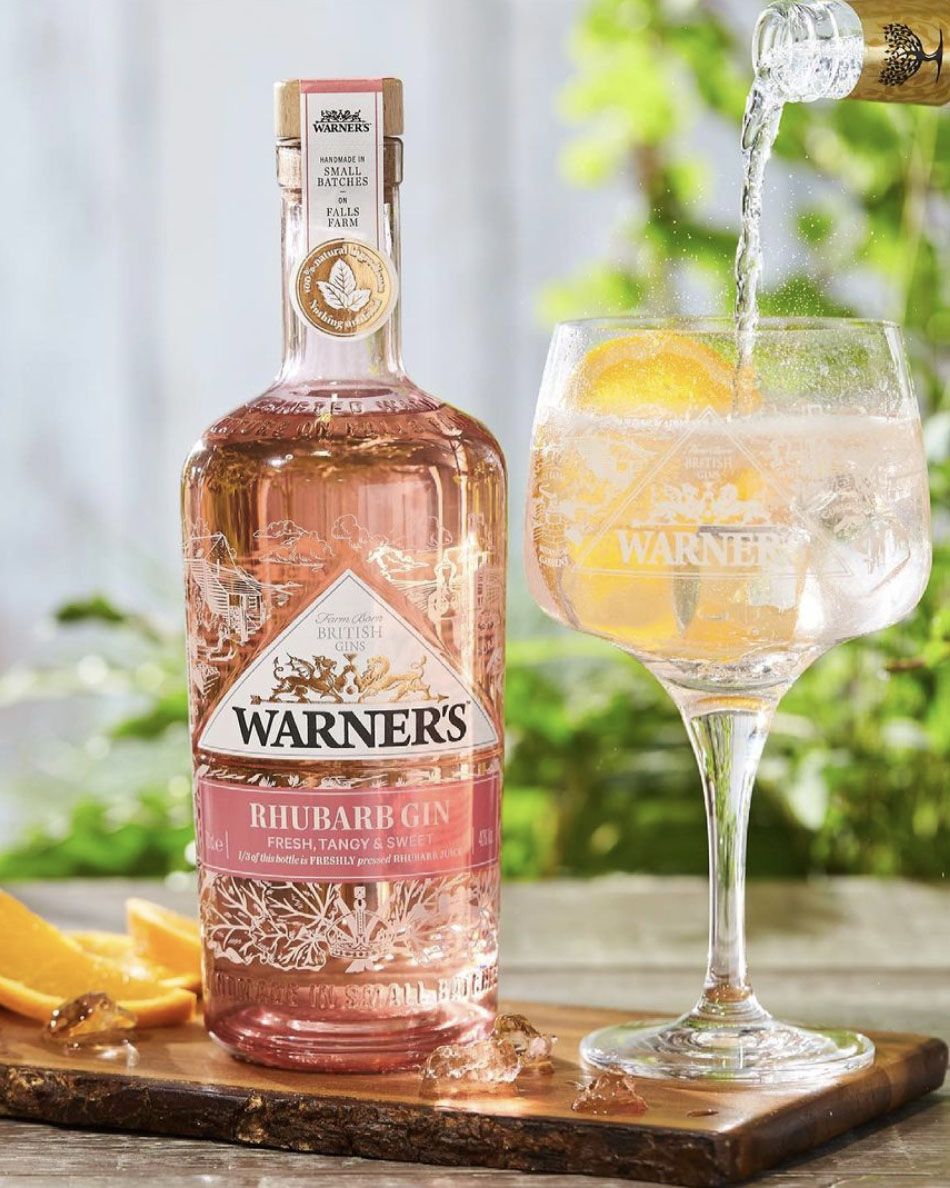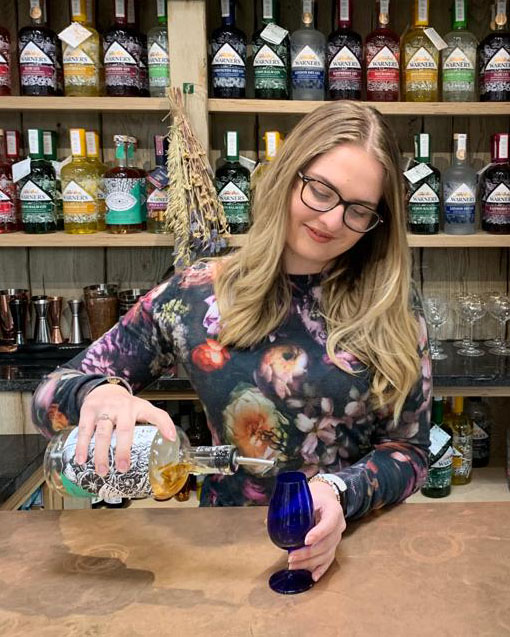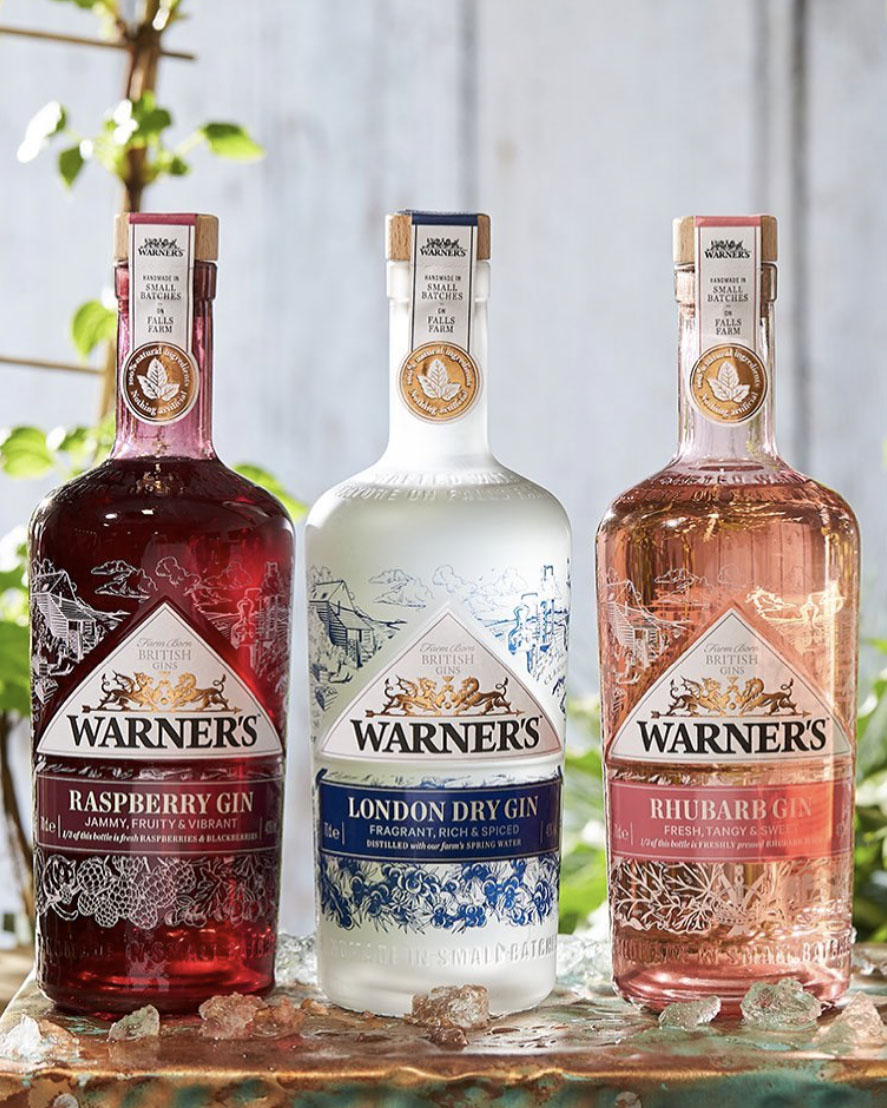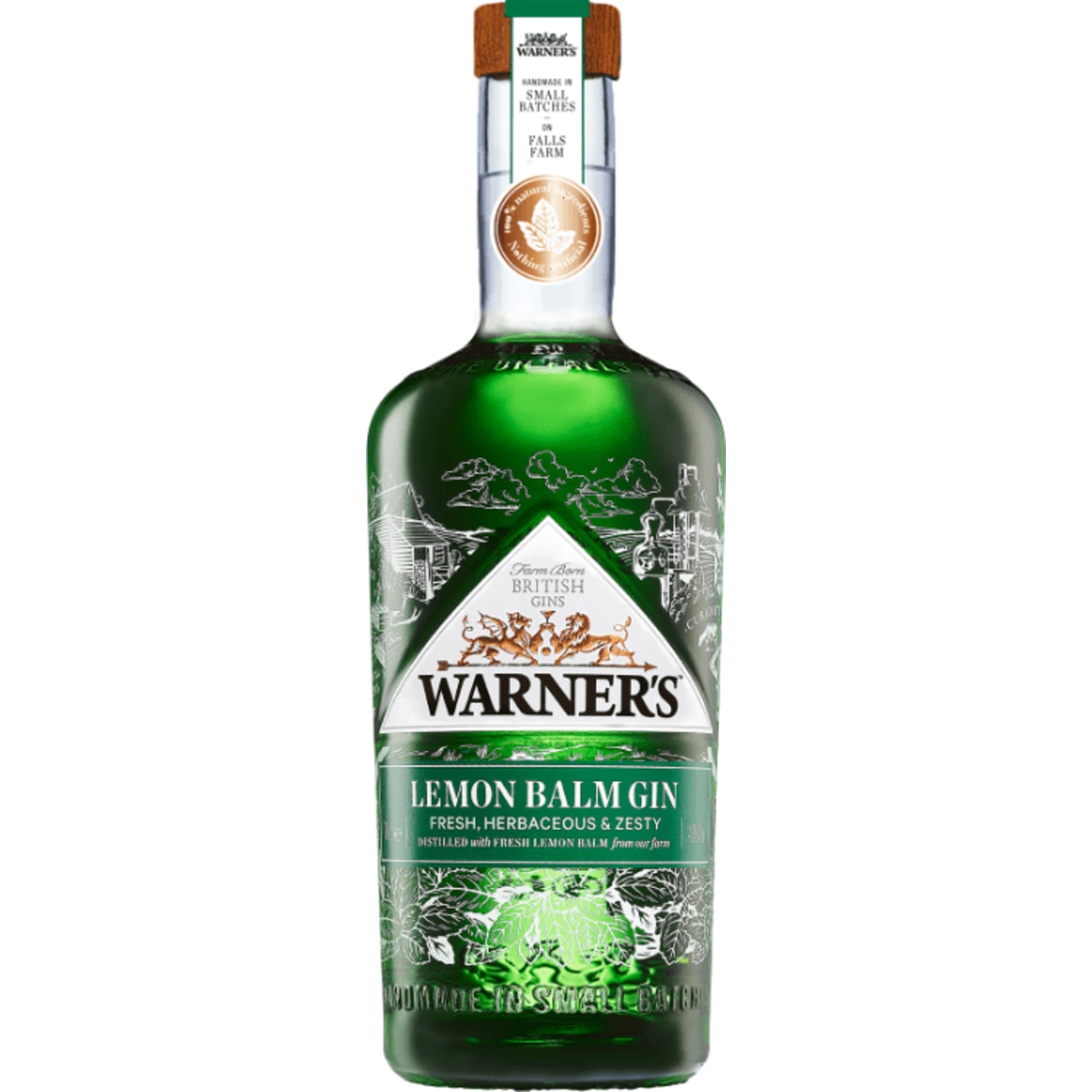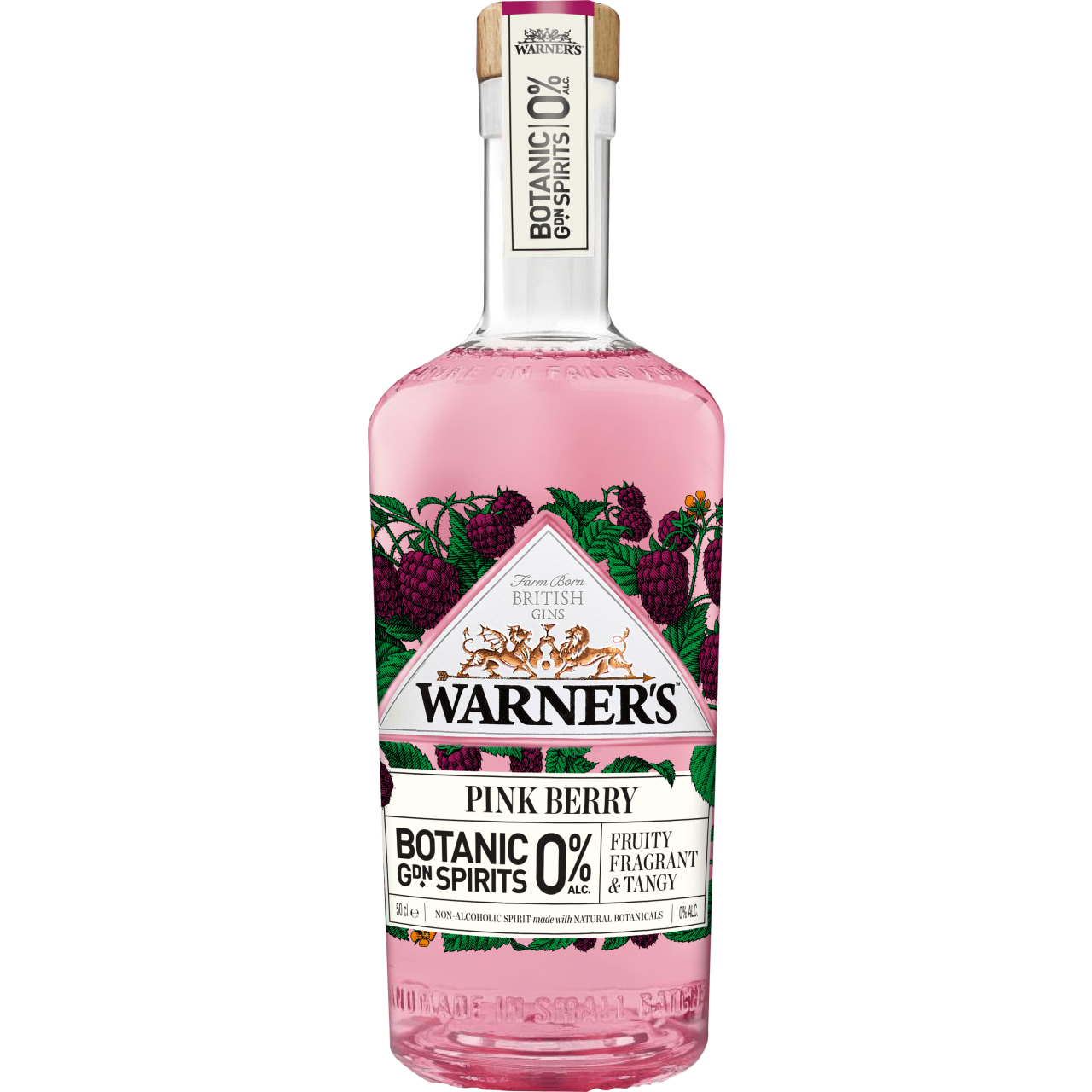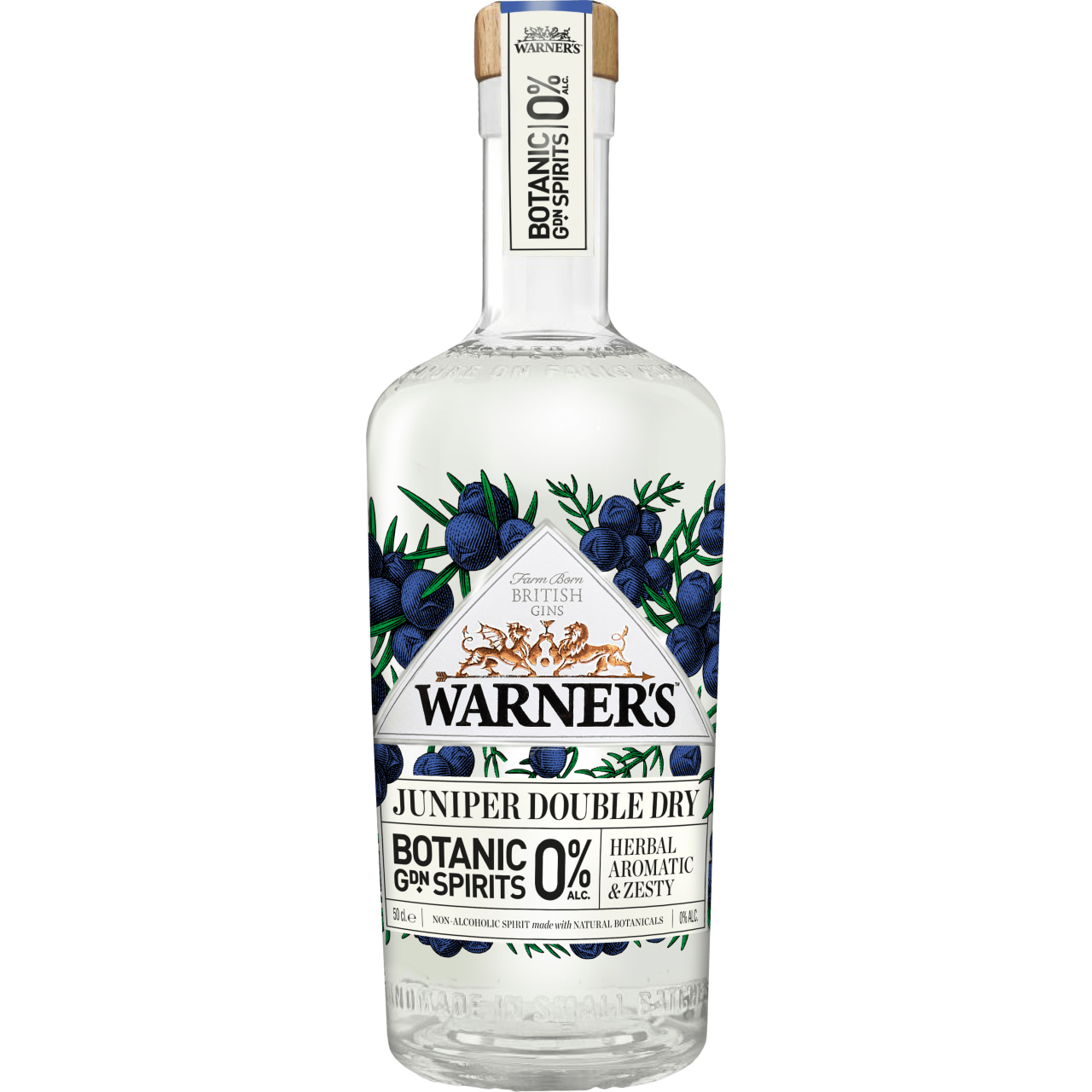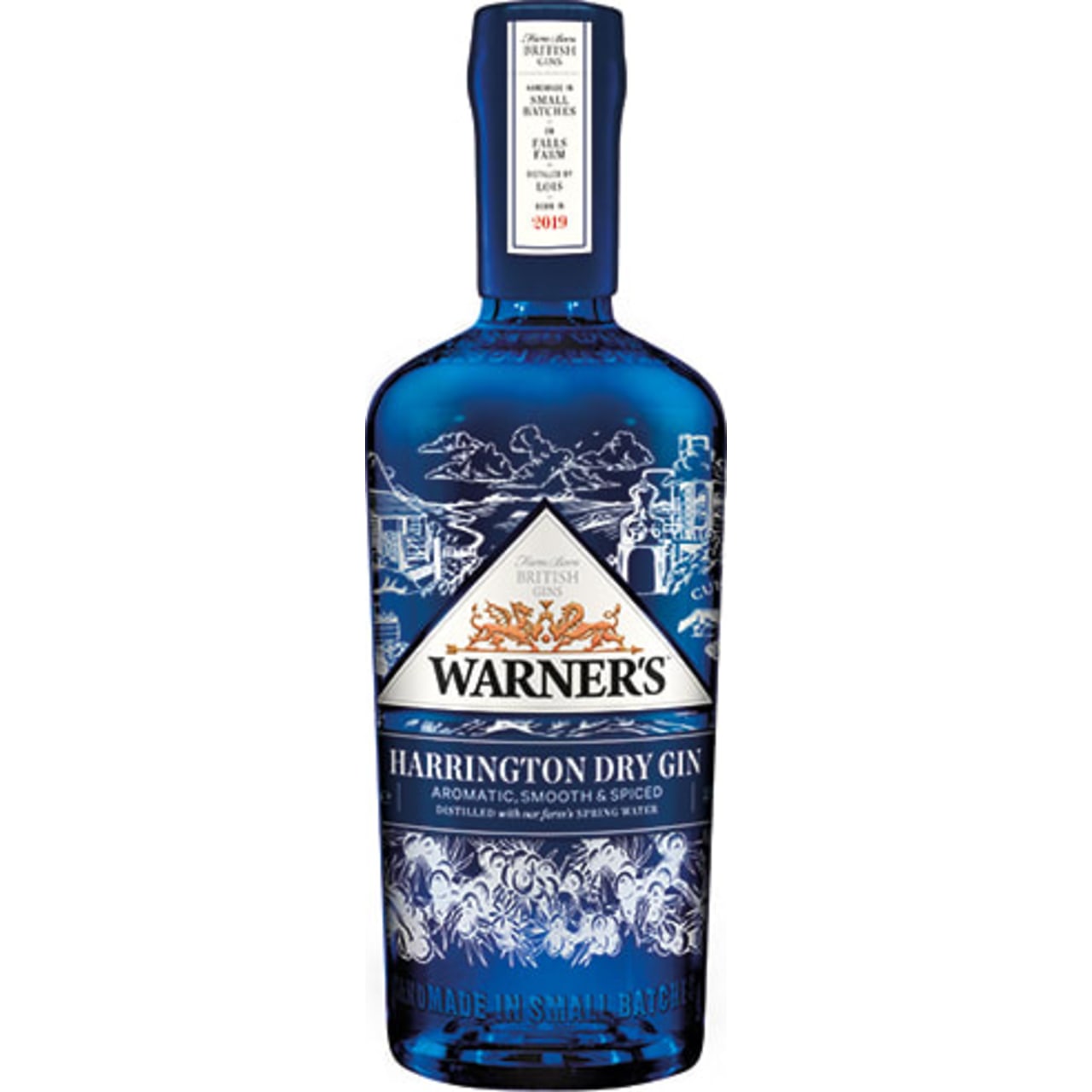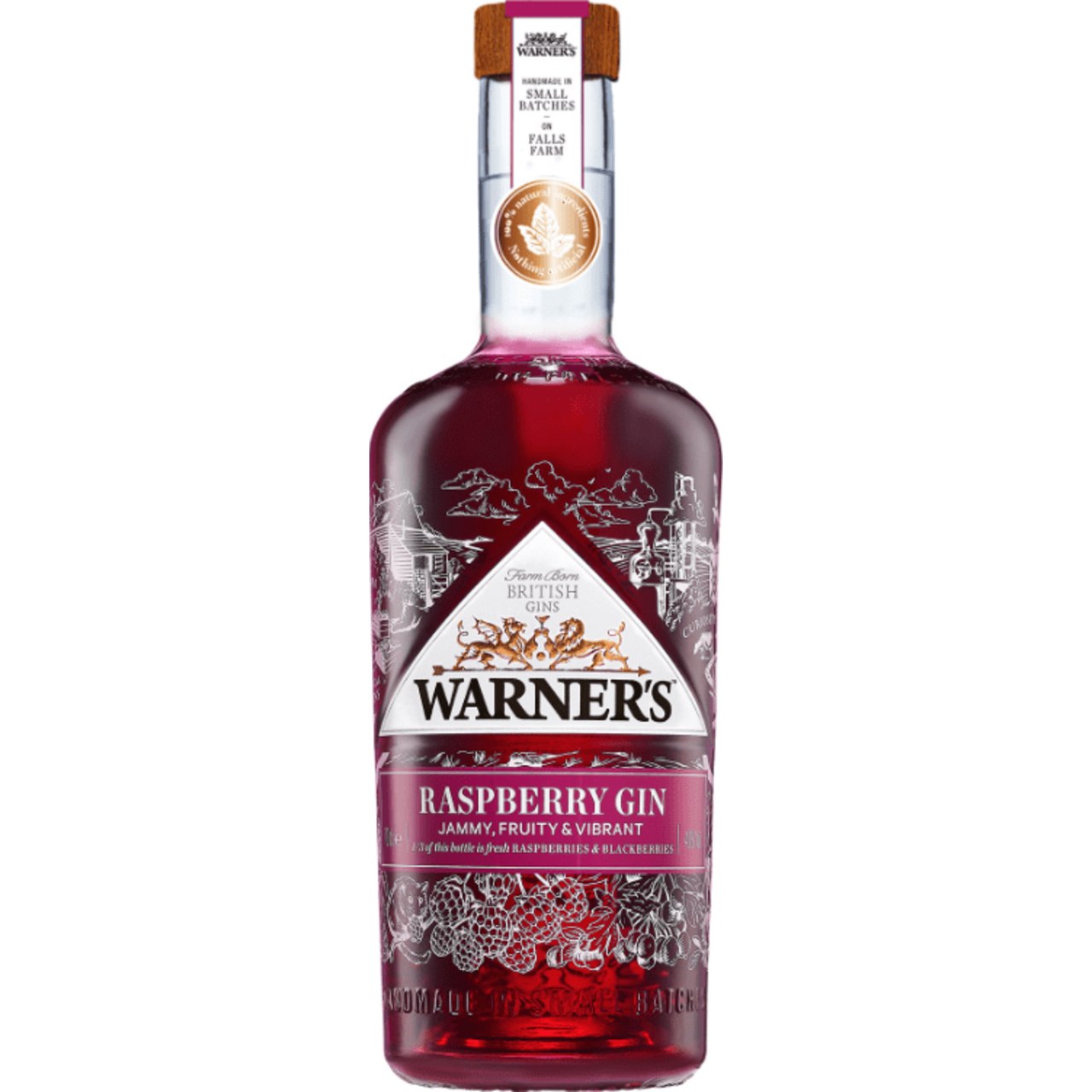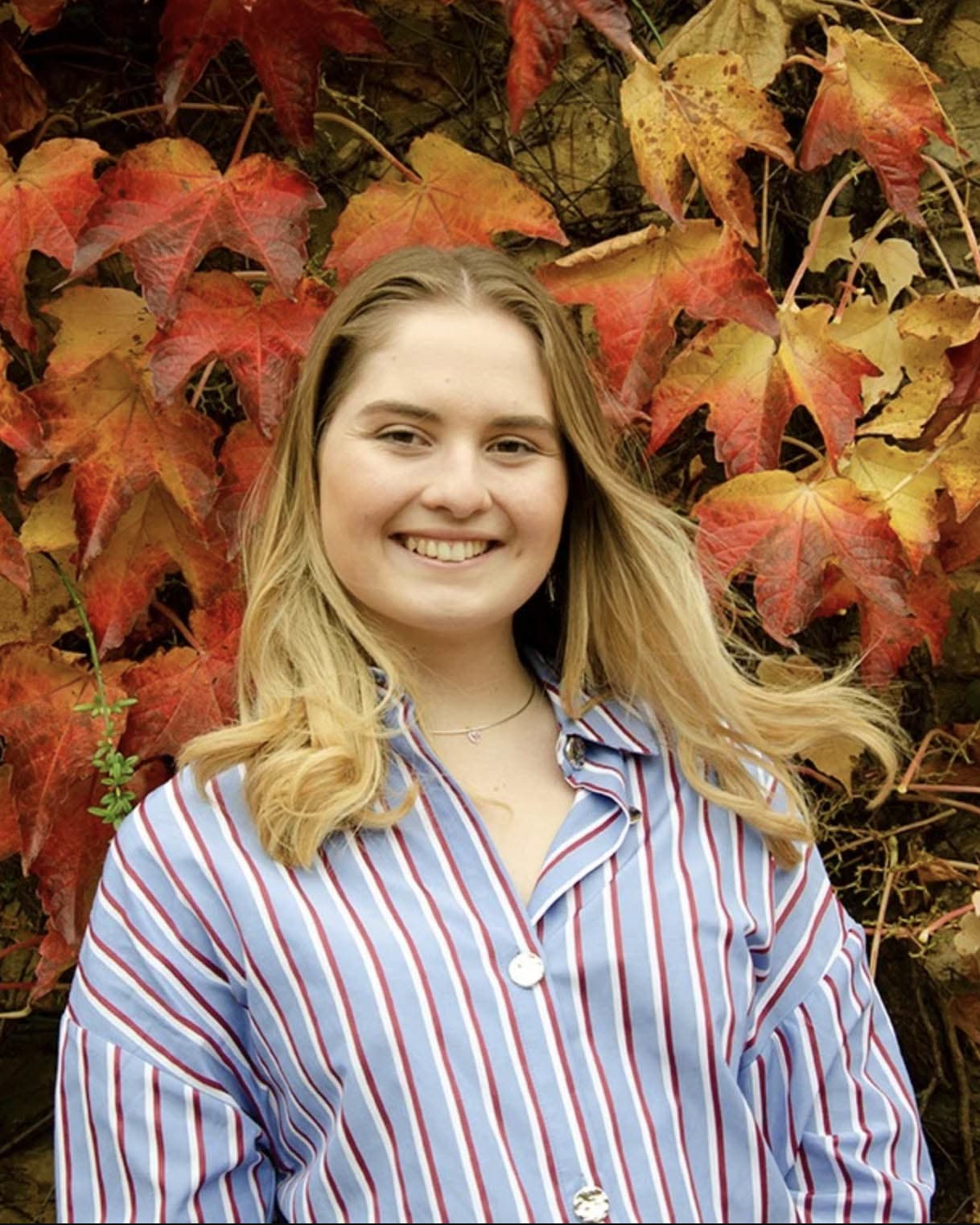

Before Warner’s you spend a little time working up in Scottish Highlands. Where were you and what was that like?
I grew up near Inverness so my first introduction to working in the industry was whilst I was still at school. I was determined to gain some scientific industry experience before heading to University. Both Whyte & Mackay and Glenmorangie distilleries were right on my doorstep so I reached out to both.
I worked with the analytical team at Whyte and Mackay and at Glenmorangie, I acted as a tour guide working with consumers. I realised I felt equally passionate about these different aspects of the industry.
Was the spirits industry and distilling always the intended path for you or did you have other plans as you went through your Chemistry studies and the evolution was more organic?
During my degree, it was never presented to me as a potential career for a chemist and I assumed I would end up in pharmaceuticals. I did a 12-month internship at Diageo’s Science and Technical Centre working with whisky as process technologist which I loved but it wasn’t until working at Warner’s that I knew this path was for me. I’ve always ended up in roles I love by grabbing opportunities as they come rather than having a plan.
What does a postgraduate study in sensory development involve and what was that like for you?
The qualification is with the Sensory Science Centre at Nottingham University. I’m doing it part-time and it involves 6 modules ranging from statistical analysis to working with consumers. It’s a great course and gives me a lot of learnings and material I can bring back to the distillery.
What was the most important thing that’ve taken from your studies into your day to day?
I’ve been able to implement a lot of new practices and procedures into Warner’s that I’ve learnt from the various courses and research I’ve done. I think the training of the expert sensory panel was one of the most vital because it’s allowed us to improve our liquid development and quality control systems.
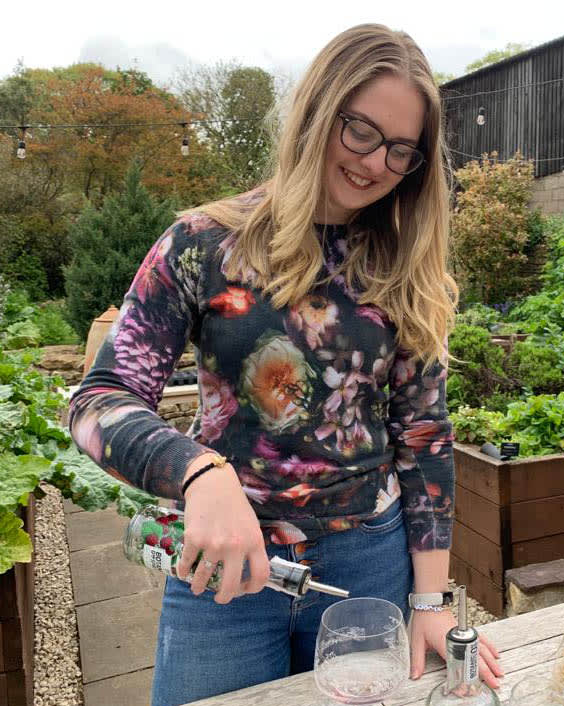

Since joining Warner’s the distillery has grown hugely. In terms of learning curves, what’s been the most challenging part of the journey so far?
Working for such a fast-paced business is challenging, especially moving into new product markets, but I find myself becoming more skilled, confident and a better project manager because of it. Every single day is a different learning experience, which makes it immensely rewarding but a lot of hard work.
Being seen as a “flavour expert” can be intimidating as I always feel like I’m still relatively new to it all but I think I’ll always feel that way given there is so much to learn.
Whisky, Rum, Gin and No & Low. Each have their merits, but which excites you most as a researcher and distiller?
Tough question! As a researcher, it has to be non-alcoholic. It’s very much at the start of its journey and to be helping lead the way in terms of understanding the product category is very exciting for me as a young scientist.
As a distiller, I love taking a spirit that’s been produced and studied for centuries, like whisky or gin, and seeing that there’s always more to discover and innovate with.
You are now the lead researcher for Warner’s Distillery helping the team to understand the connections between botanicals and flavour both pre- and post-distilling. What’s been the most surprising observation so far?
Analytically, I would say that nothing has been too surprising. Much of what we do, from our farm grown ingredients to the final products, gives results that make complete sense. The surprises come in from the product development side when playing about with flavours and different extraction methods.
When we investigate a variable in our process its crazy how much a small change can affect the final flavour profile.


